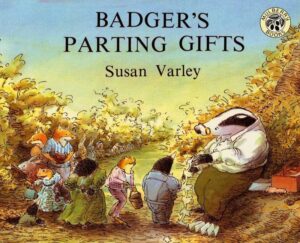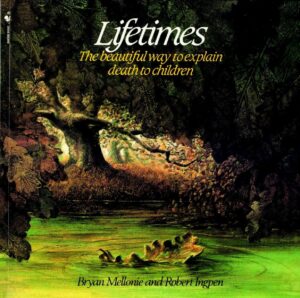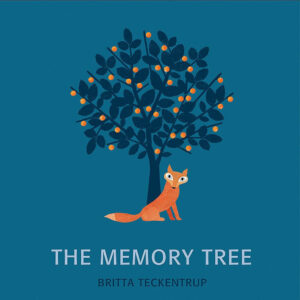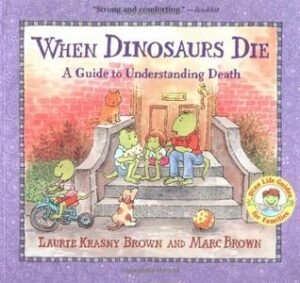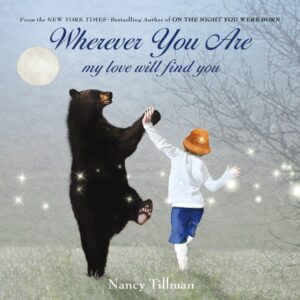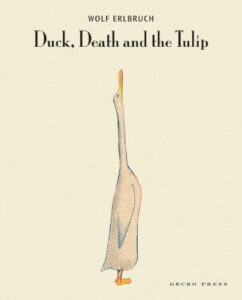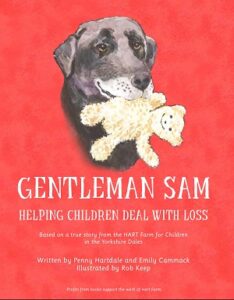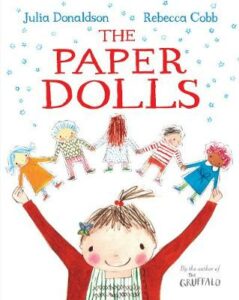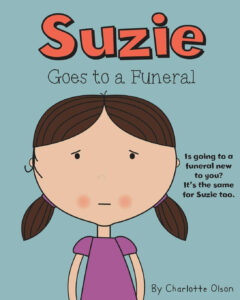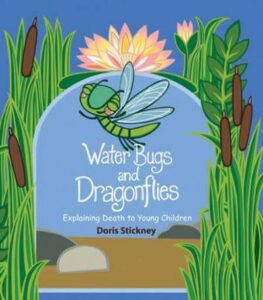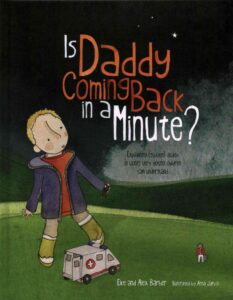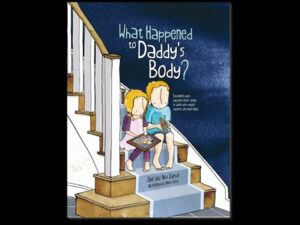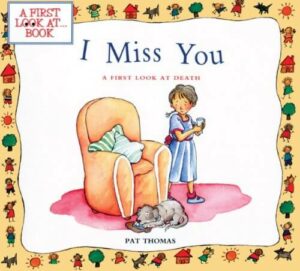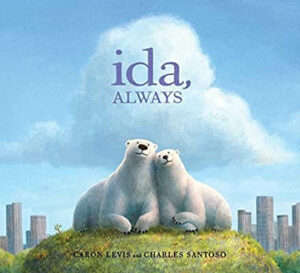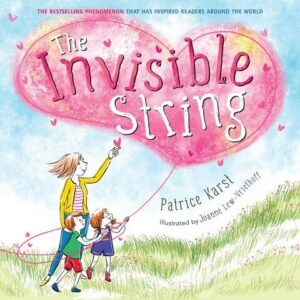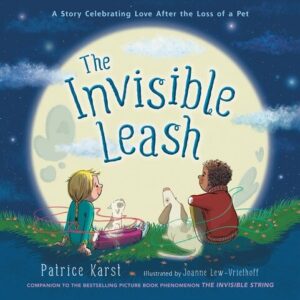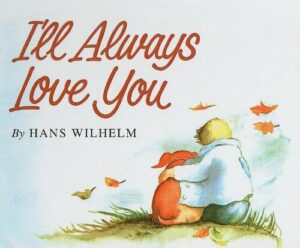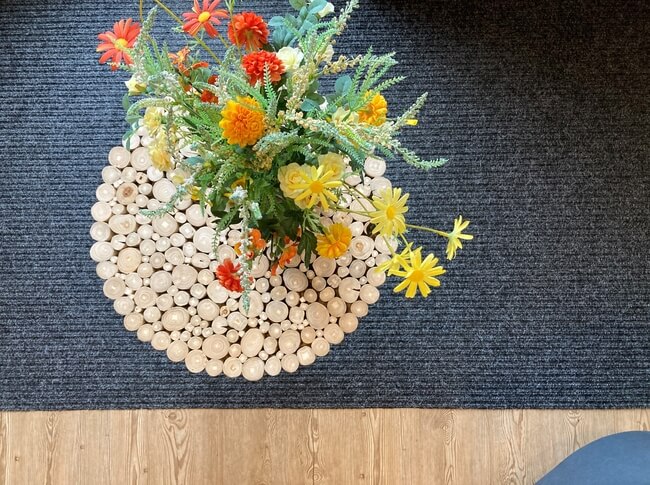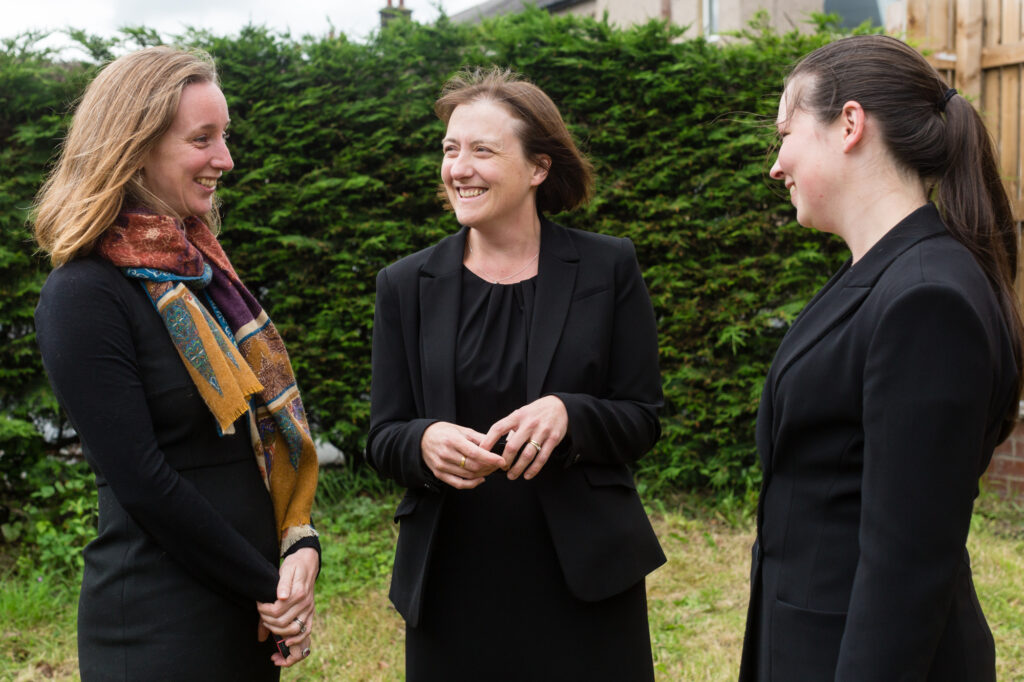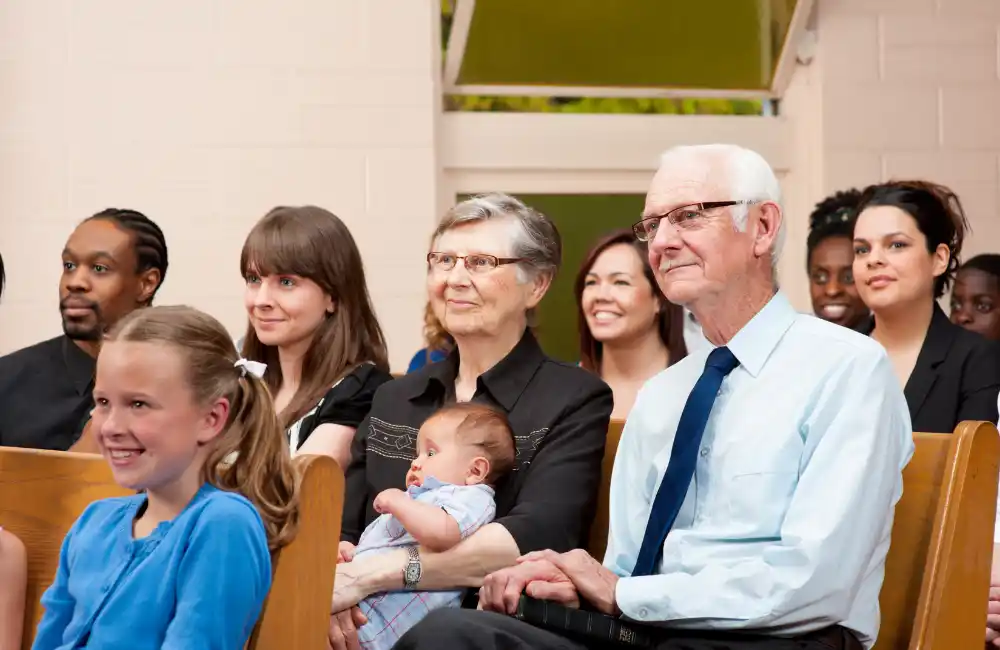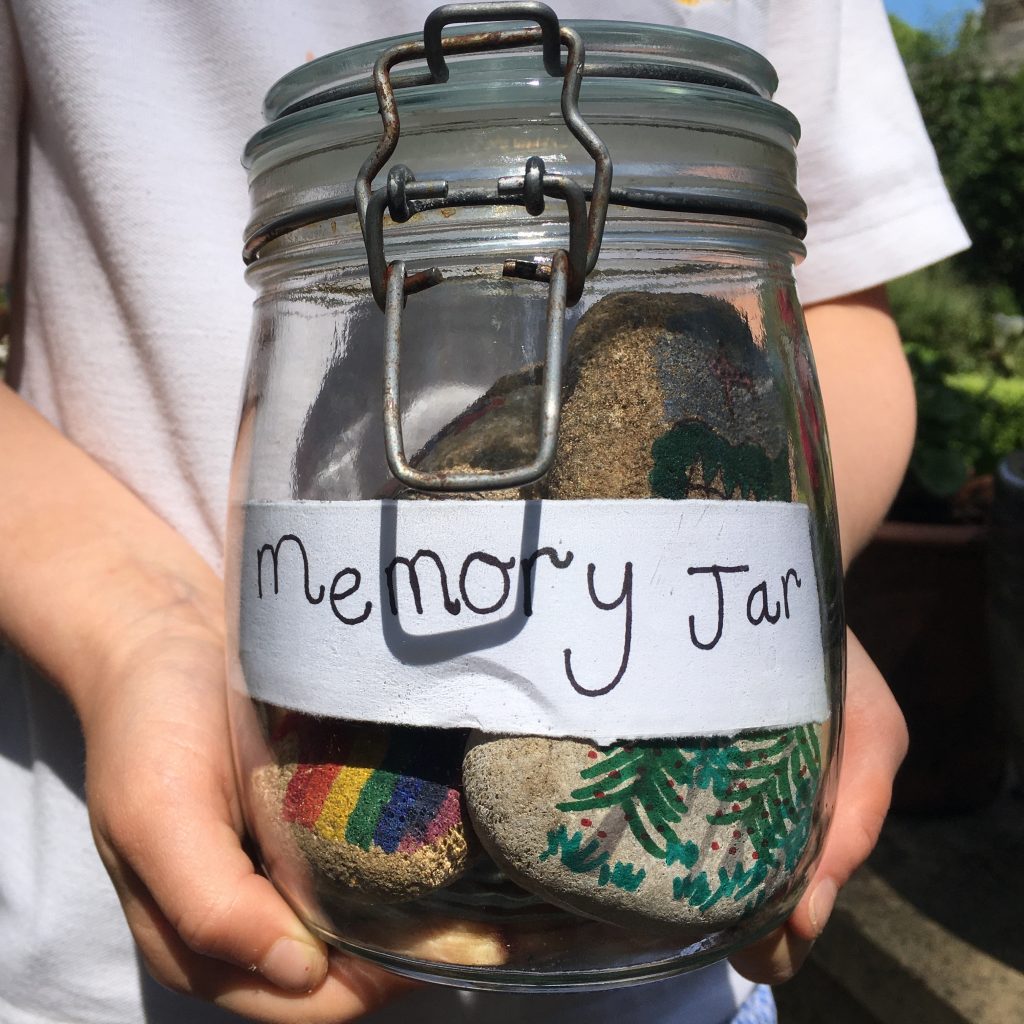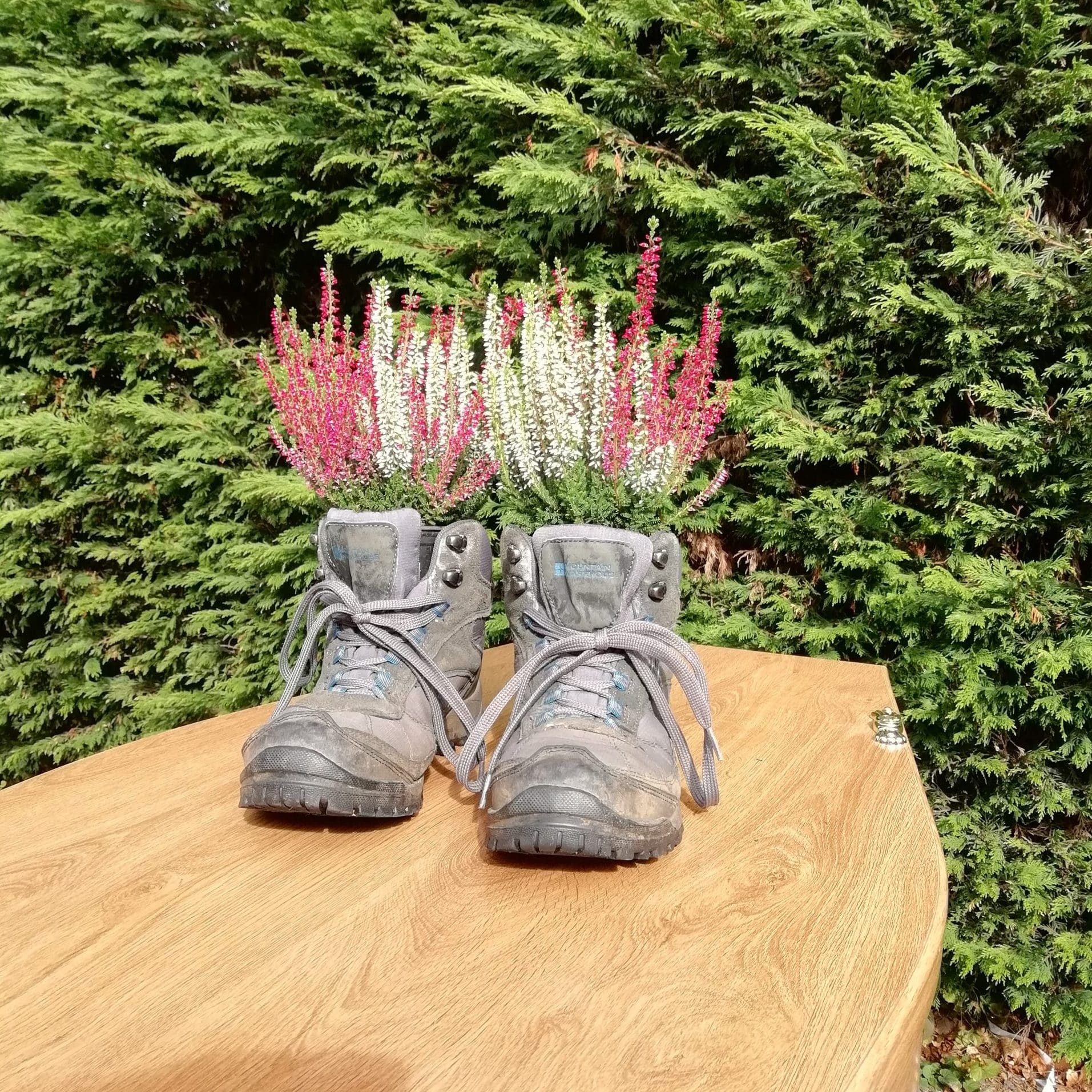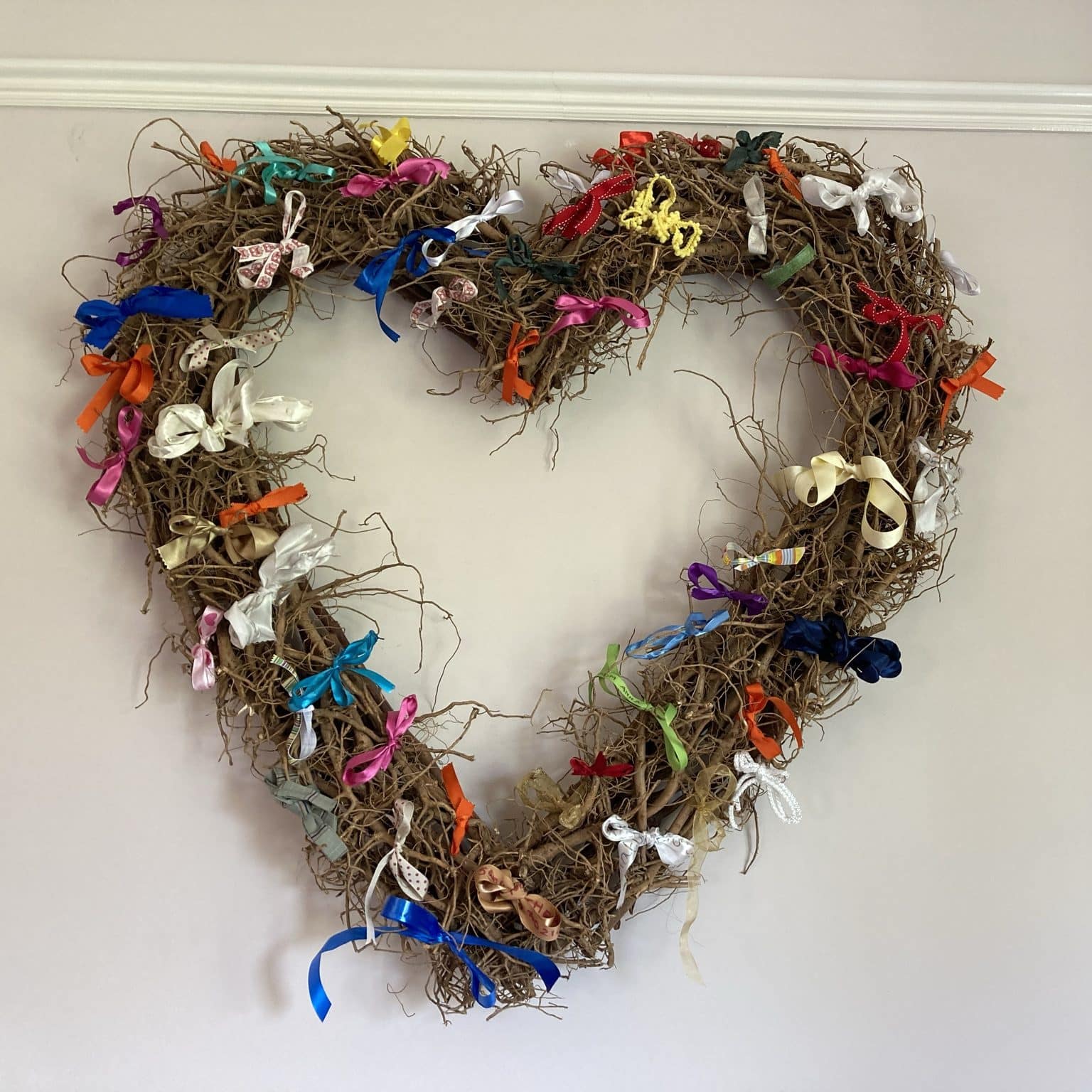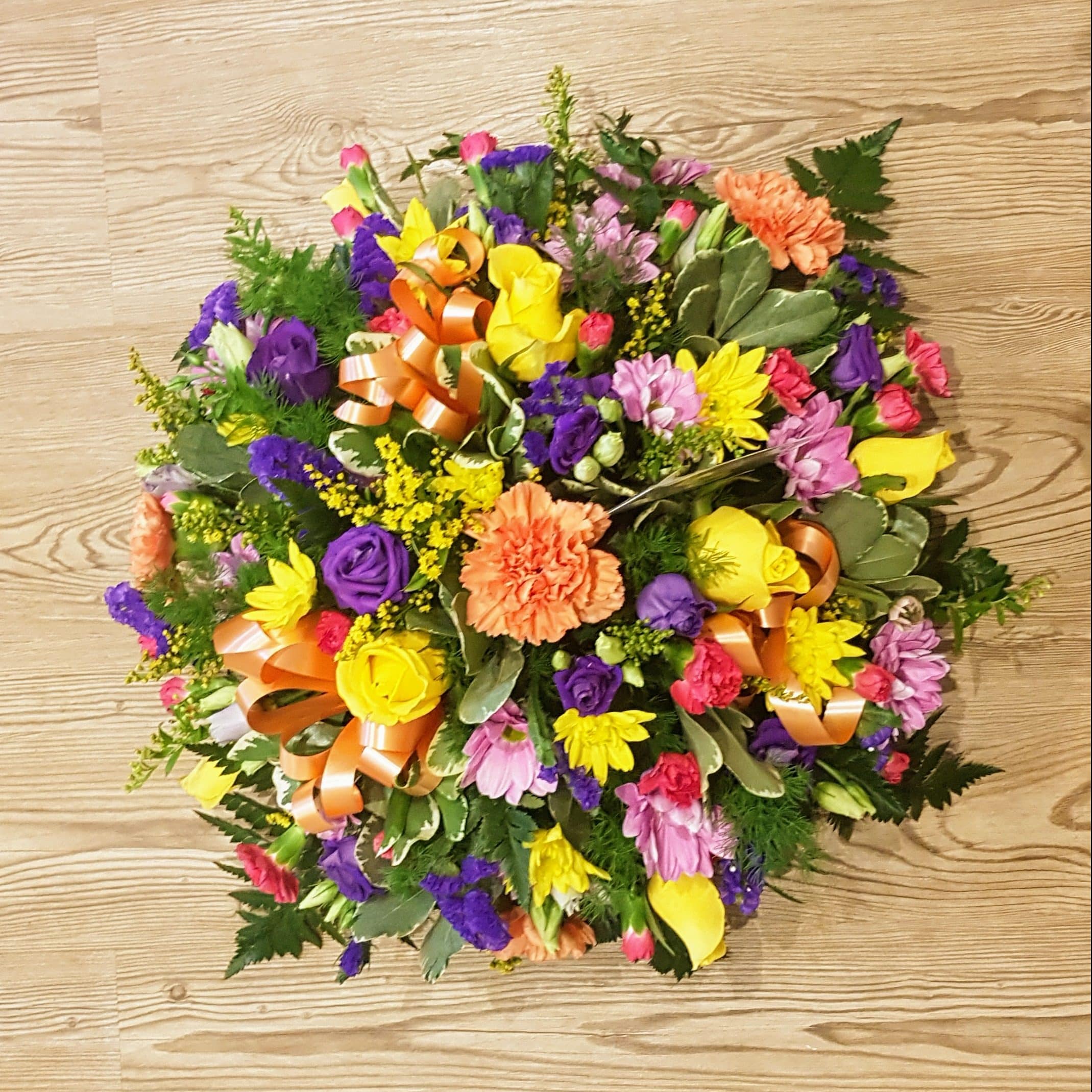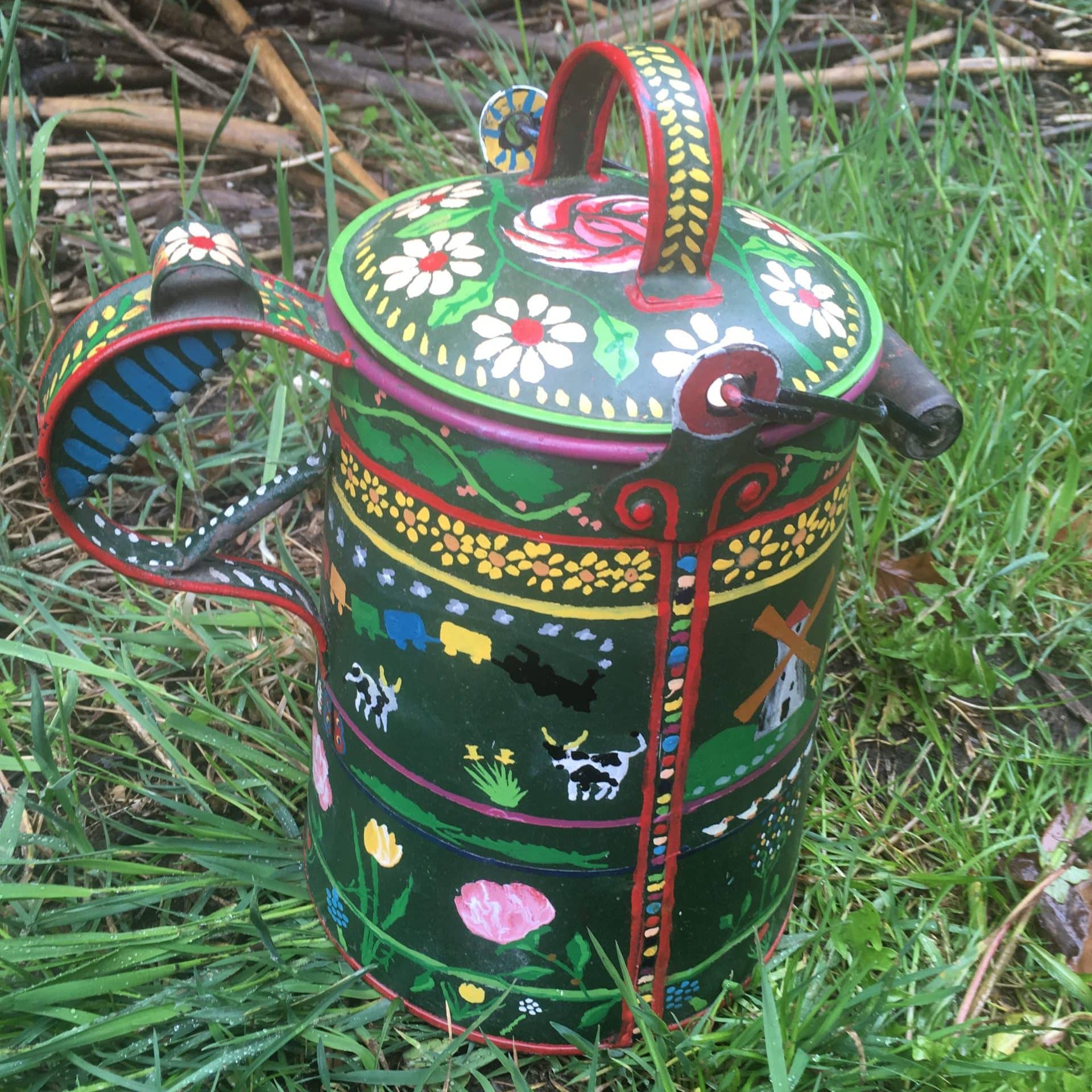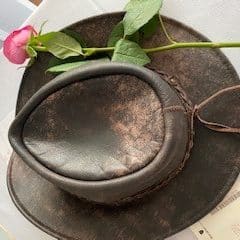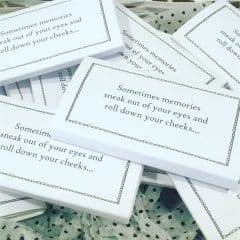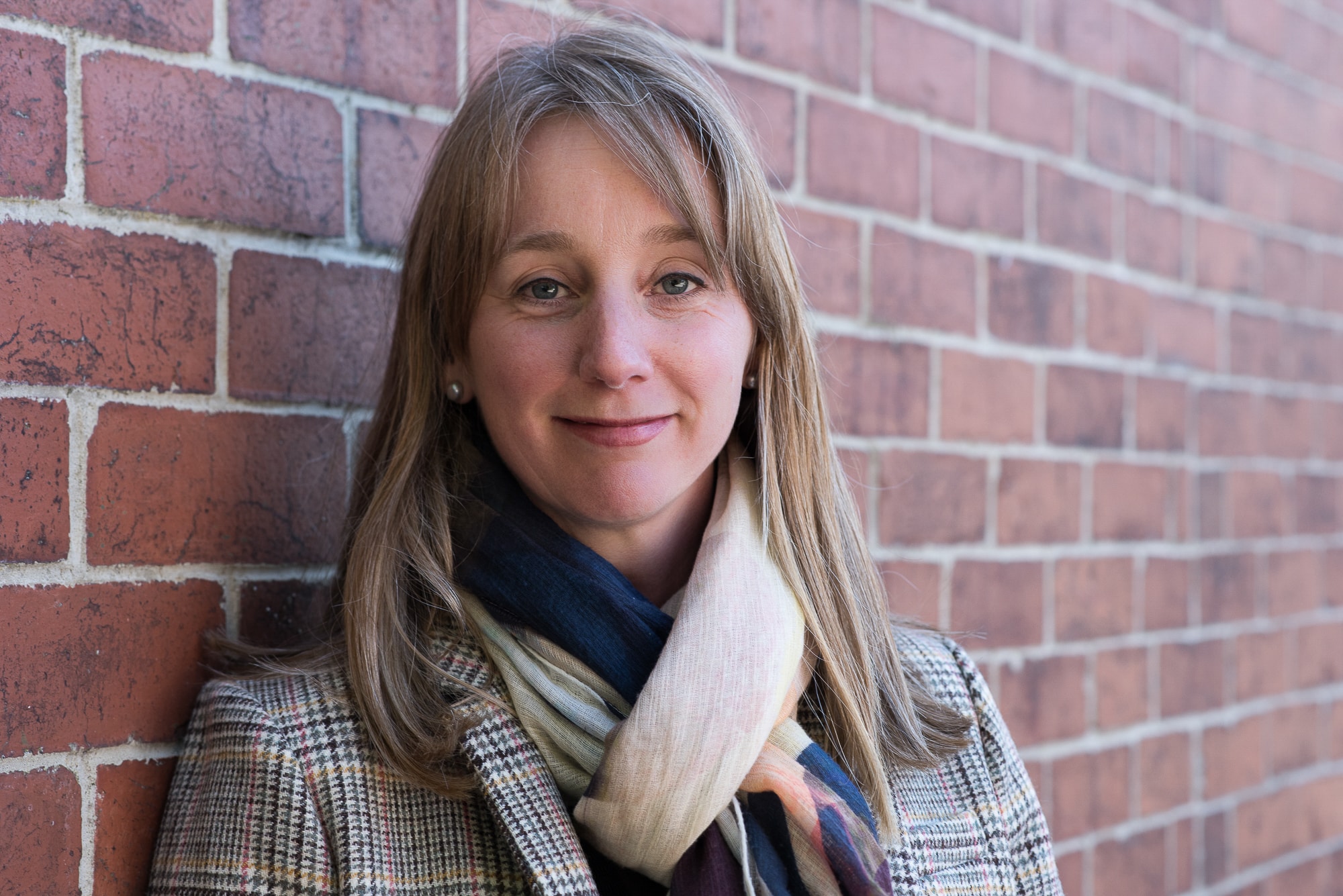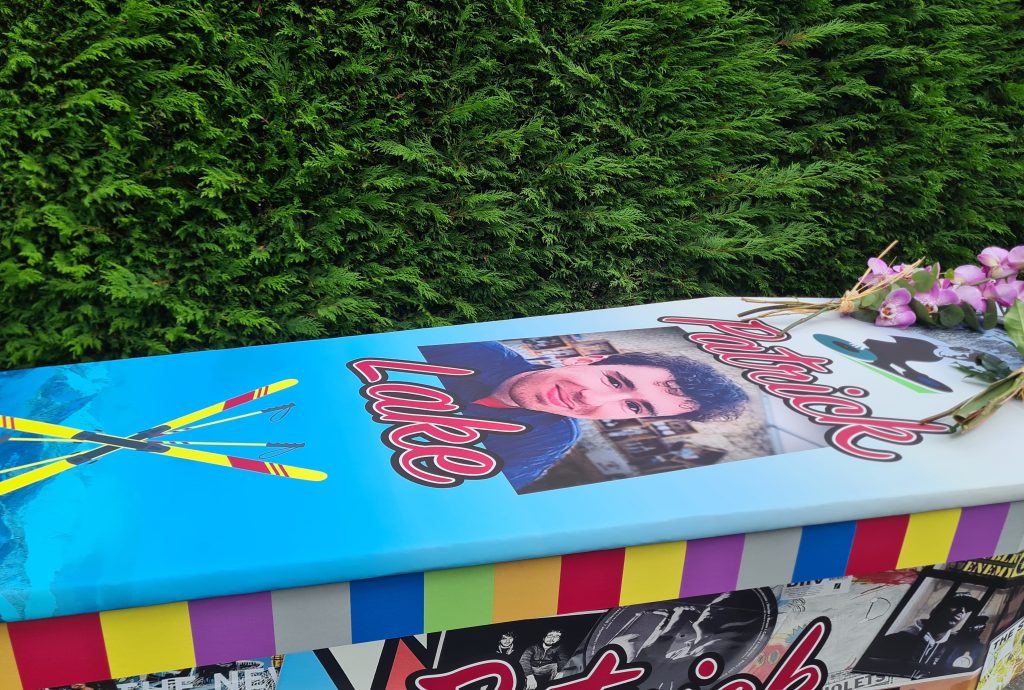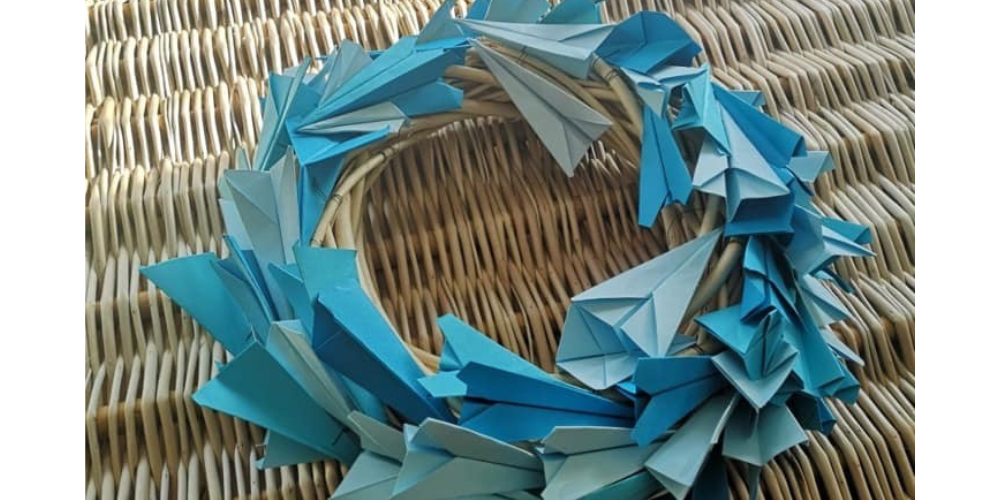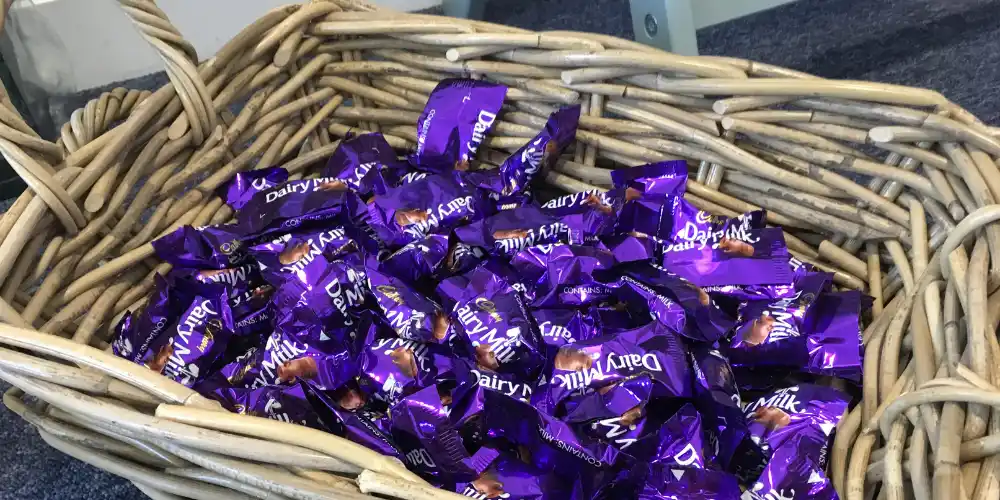In this article we are going to look at some of the ways that connections can be maintained with someone after they have died. These continuing bonds take many forms and there are lots of possibilities.
In the past, there may have been a tendency to encourage people “to move forward rather than dwelling on the past” after a significant bereavement. We now know that this advice can be unhelpful and make people feel isolated and poorly understood. It is now accepted that finding ways to feel an ongoing connection and bond after someone has died recognises the changed nature of a relationship after bereavement and can help people find their own personal way to grieve.
The word ‘personal’ is important here because, just as every relationship is unique, maintaining a connection is a very individual thing. What works for some people will definitely not help someone else. With that in mind, the following ideas are intended to inspire and provoke your own thoughts rather than being prescriptive. We hope you find them helpful.
Photographs
People tell us that they have found it helpful to have a favourite photograph in a special place, perhaps next to a much-loved chair or on a shelf where it is easy to glance across at it often. Some people like to spend time creating an album of photographs, letters, tickets and other memories.
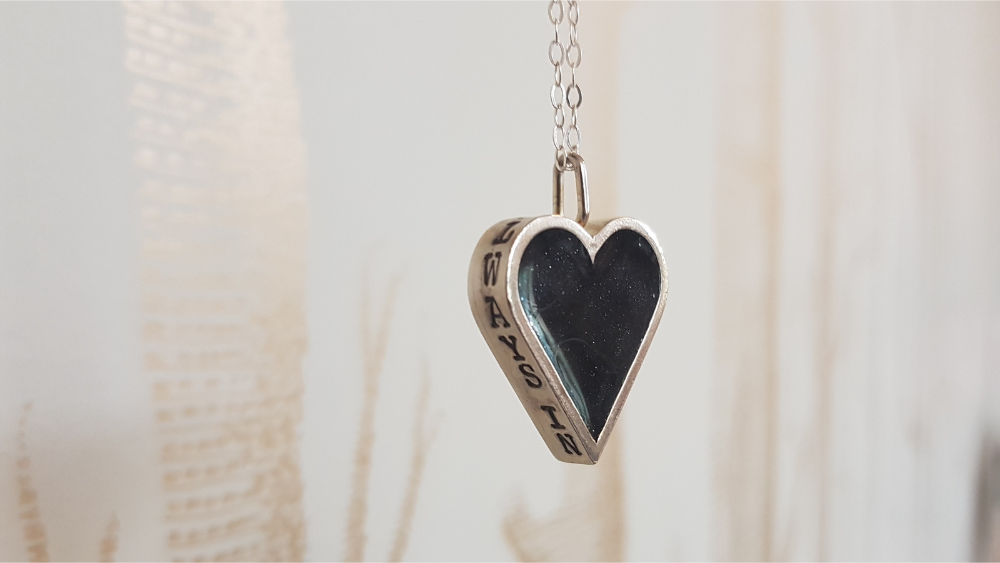

Personal items
Wearing a favourite piece of jewellery, whether it was a gift from the person who has died or an item that belonged to them, can create a very personal and enduring connection. Other personal items such as items of clothing, paintings, creative items or things that the person loved, can have the same comforting effect. Memorial jewellery can also be specially made.


Talking to them
So many people have told us that they take great comfort from talking to the person who has died. Often they feel embarrassed to admit that they do this but it is in fact a very common way to maintain a bond and something that people find incredibly helpful.
These conversations may happen spontaneously or in a more planned way – maybe taking place during visits to a special place. Conversations may be about sharing news, talking about worries or problems or asking questions,


Talking about them
Other people can find it difficult to know what to say following a bereavement. They may not know how helpful it can be to talk about the person who has died. By bringing the person up in conversation, it can make it easier for you and them. It can also be helpful to talk about the person to new people, sharing the things that were special about them.
Sharing stories, reflecting on what someone might have said or thought in certain situations or remembering what was important to them are all powerful ways to make that person part of your present.
Writing letters or journalling
Journaling is often used when people are grieving as a way of processing emotions and thoughts. Writing letters to the person that has died is a similar idea and can be a useful way to stay connected as your own life moves forward, allowing you to share events, news and feelings.


Being creative
In a similar way to writing letters, creative writing such as poetry can be a helpful way to express emotion. Creativity can take many forms and our Art After Loss exhibitions are evidence of the fact that art can be a very positive vehicle when people are grieving. You can find out more about this on our Art After Loss page on our website which includes an online gallery of creative works made in response to loss.
Special days and places
Significant days like birthdays and anniversaries can be an opportunity to continue doing something which you enjoyed doing together or to take time out for a trip or favourite activity. There may also be places which you liked to visit together and these can be comforting at any time, not just on anniversaries.


Music
Listening to music is an excellent way to connect with our emotions. Some pieces of music may have particular significance for your relationship. You may even want to create your own music in memory of someone who has died. Find out more about music for wellbeing.
A favourite song, or piece of music which was played during a significant event may immediately create a strong feeling of connection to the person who has died. Playing this music might be consoling but it may also catch you unawares while you are going about your day – which can be challenging.
Organising an event
Sometimes a death can inspire an event in memory of the person who has died and this may become a regular celebration of their life or the things that mattered to them. It might also a way to raise money for a charity that meant a lot to them or supported them during their life.
Continuing their work or ideas
If the person who has died was in the middle of a project, some people find it helpful to complete it for them. Perhaps they were making a model, putting together a family album or a family tree, training for a sporting challenge, raising money for a charity or planning a trip they had always wanted to take.
All of these ideas are simply that, and some will be more helpful than others. You may have formed your own continuing bonds and we would love to hear from you about ways you have been able to stay connected to someone after they have died. Everyone’s journey through grief is different and each person’s story can have the power to inspire somebody who may be struggling.
Read more on this topic and explore some continuing bonds activities that maintain positive memories after loss.
If you would like support following bereavement please visit our bereavement support page on our website.
You can contact us to discuss any aspect of bereavement or funeral planning and wishes or to share your own story.





